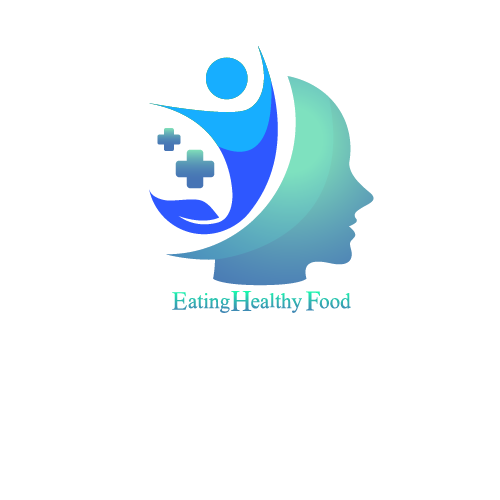The reasons for the higher complications rate are unclear: Less healthy diets, inconsistent eating habits and the stress of worrying about food could play a role.
Those who go hungry or worry about getting food while pregnant are at higher risk of complications such as preeclampsia and gestational diabetes, a new analysis suggests.
The paper, published in JAMA Network Open, used data from an online health survey of more than 19,300 pregnant Kaiser Permanente Northern California members between June 2020 and September 2022. Researchers did not find similar risks among those who received food assistance while pregnant.
Participants were screened for food insecurity with questions about whether they had run out of food or worried about running out because of money while they were pregnant.
Fourteen percent of the participants — about 2,700 — said they had experienced food insecurity during their pregnancy, and 7.6 percent — 1,470 — said they received food assistance while pregnant.
The analysis found that food-insecure participants had a higher rate of gestational diabetes (10.9 percent vs. 7.9 percent among those without food insecurity), preeclampsia (8.1 percent vs. 6.3 percent) and other complications, including preterm birth and neonatal ICU admission. Gestational hypertension and Caesarean delivery were not associated with food insecurity.
The reasons for the higher complications rate are unclear, the researchers write: Less healthy diets, inconsistent eating habits and the stress of worrying about food could play a role.
“It was reassuring to see that even during difficult times, receiving food assistance may mitigate the adverse effect of food insecurity on pregnancy complications,” Assiamira Ferrara, a senior research scientist at Kaiser Permanente’s Division of Research and a study co-author, said in a news release.
The majority of participants who said they received food aid got benefits from the grant-based Special Supplemental Nutrition Program for Women, Infants and Children, commonly known as WIC. The program served 6.31 million pregnant and postpartum people, infants and children in 2022, according to the U.S. Agriculture Department.
The researchers recommend better screening for food insecurity in pregnancy and policies that ensure food assistance funding and availability.“It was reassuring to see that even during difficult times, receiving food assistance may mitigate the adverse effect of food insecurity on pregnancy complications,” Assiamira Ferrara, a senior research scientist at Kaiser Permanente’s Division of Research and a study co-author, said in a news release.
The majority of participants who said they received food aid got benefits from the grant-based Special Supplemental Nutrition Program for Women, Infants and Children, commonly known as WIC. The program served 6.31 million pregnant and postpartum people, infants and children in 2022, according to the U.S. Agriculture Department.
The researchers recommend better screening for food insecurity in pregnancy and policies that ensure food assistance funding and availability.


.webp)

.jpeg)
.jpg)




0 Comments